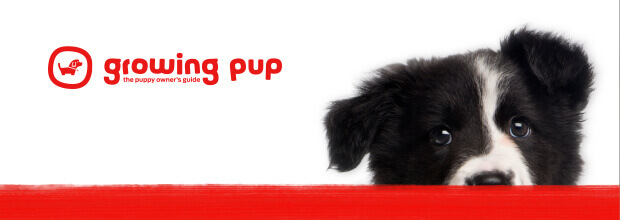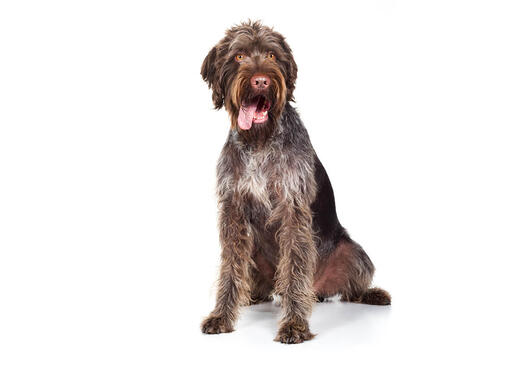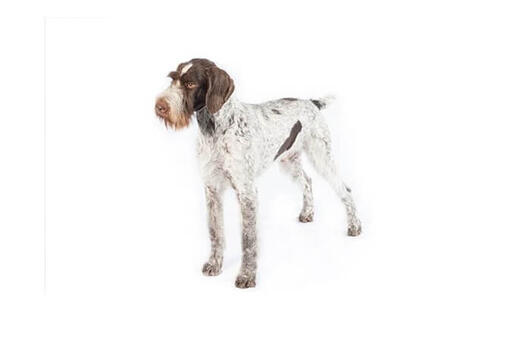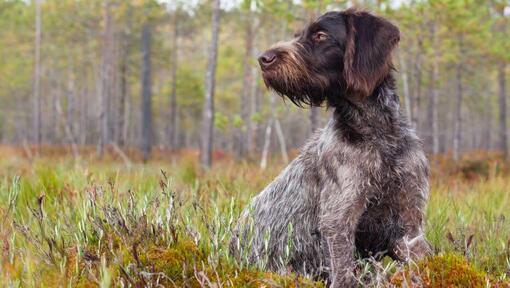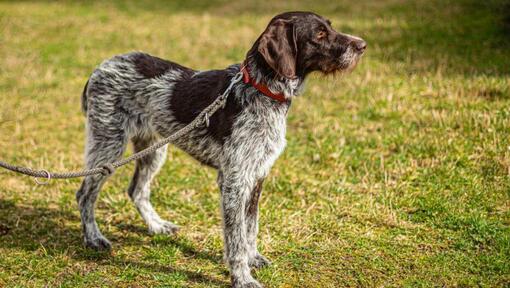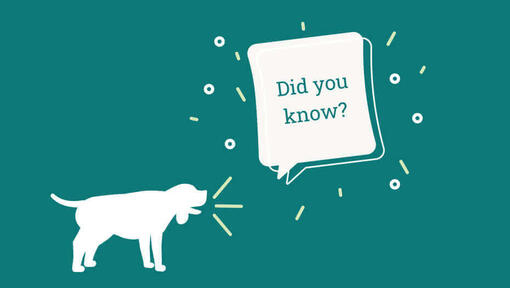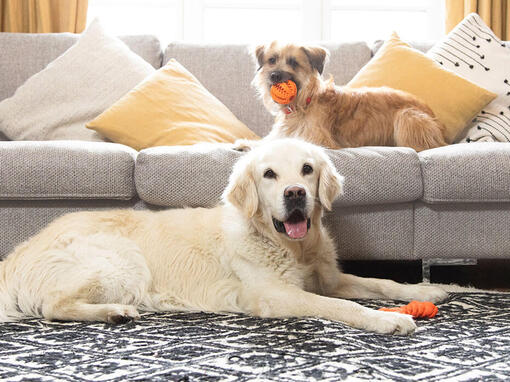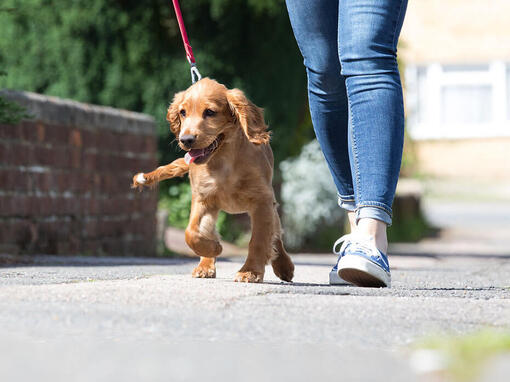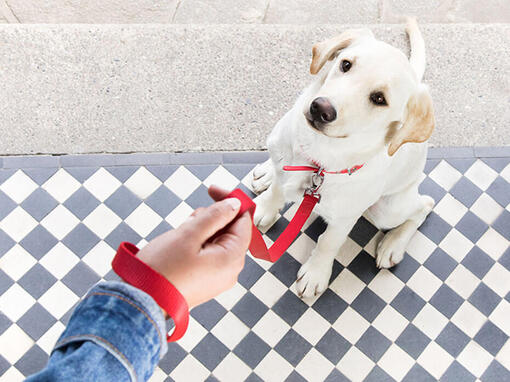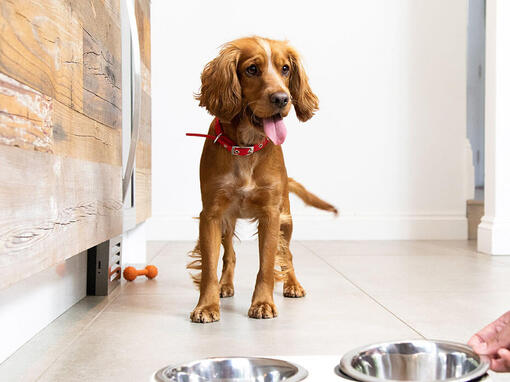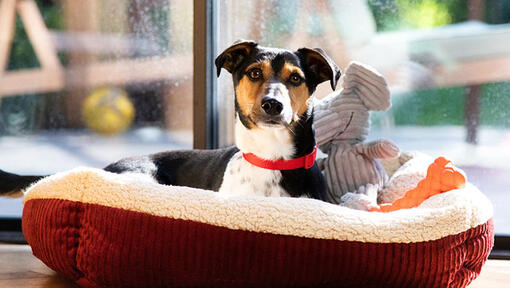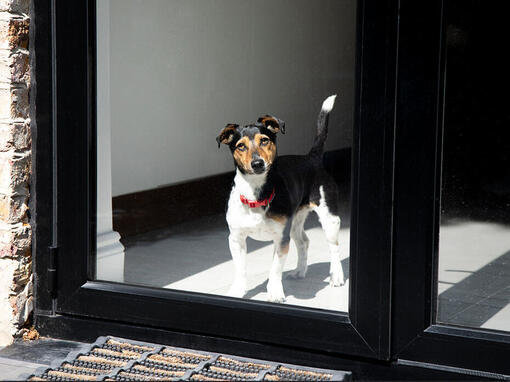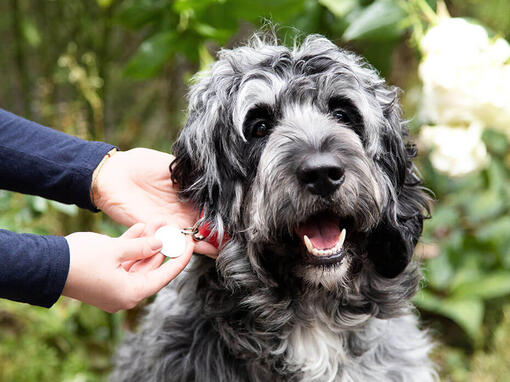A multipurpose hunting dog, the German Wirehaired Pointer enjoys human companionship and bonds closely with his family. An exceptional pointer and retriever, the breed is eager to please and enthusiastic to learn. Highly energetic, the German Wirehaired Pointer requires vigorous daily exercise. The breed’s coat sheds lightly but is easy to maintain.
DID YOU KNOW? The German Wirehaired Pointer has webbed feet, which help him to excel at swimming.
ALSO KNOWN AS: Deutsch Drahthaar, Deutscher Drahthaariger, Vorstehhund, Drahthaar


